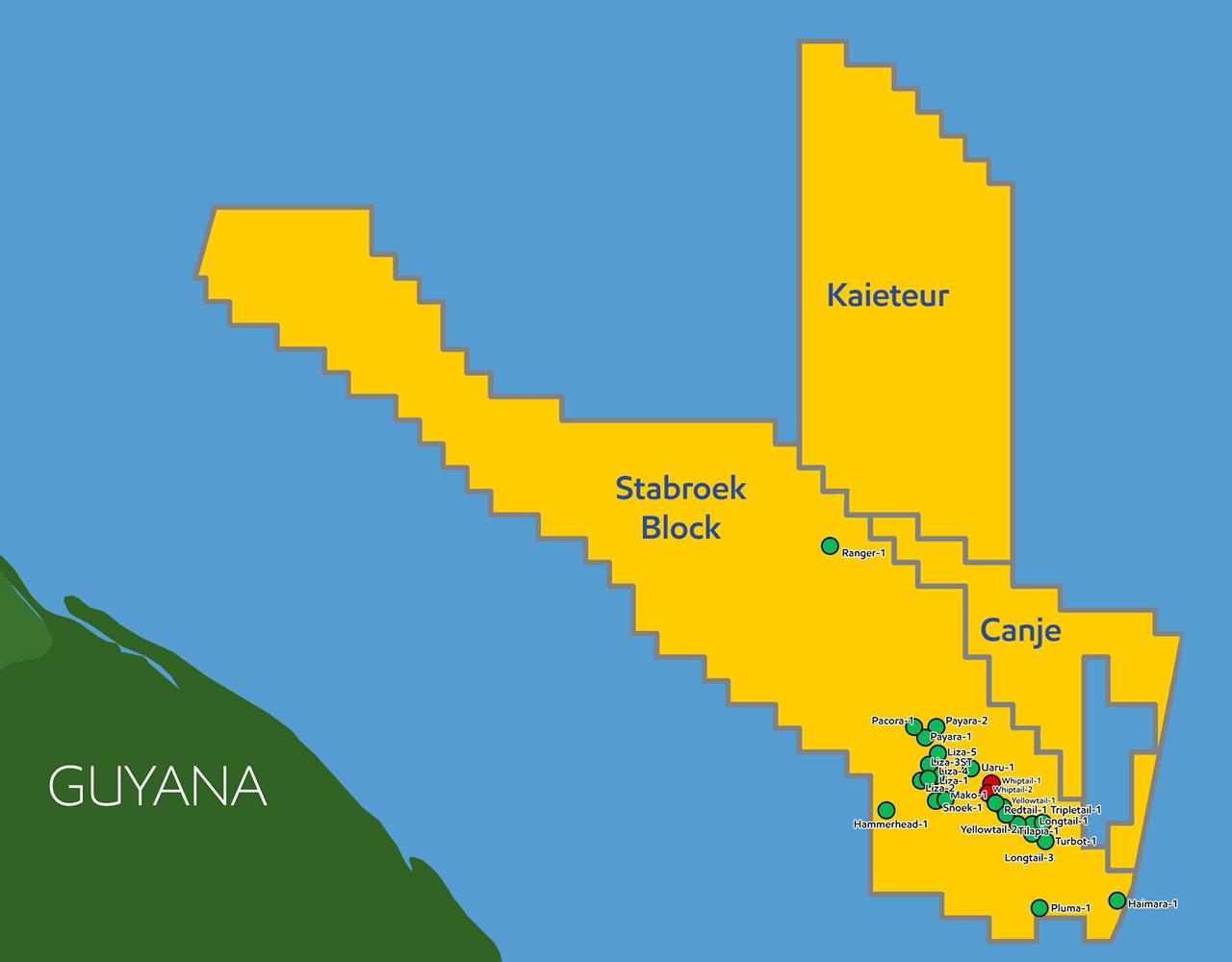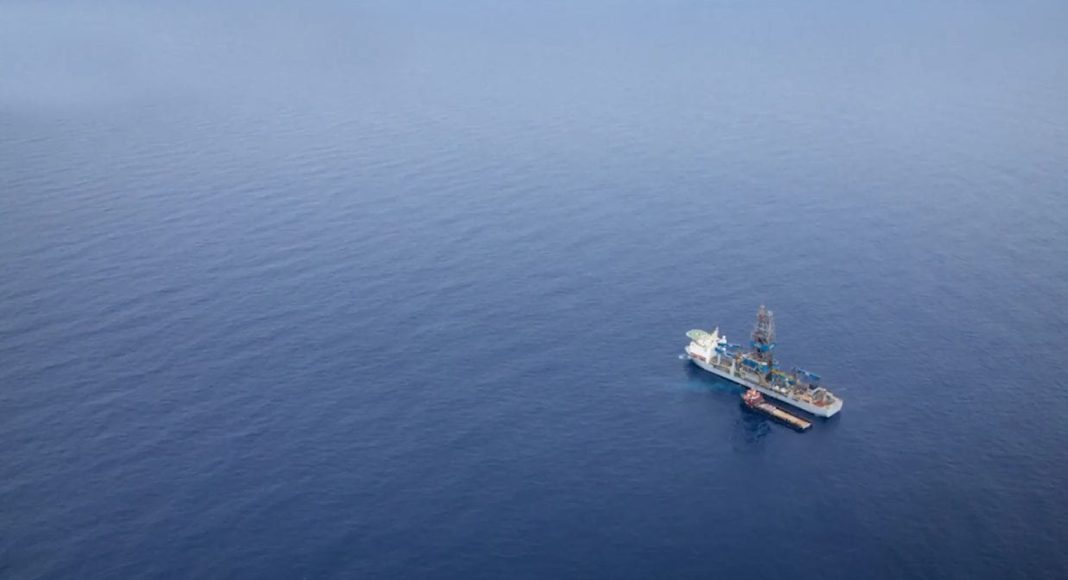The prolific Stabroek Block offshore Guyana, covering an area of 6.6 million acres, still has multiple exploration prospects remaining with large swathes of the ExxonMobil-operated license still unexplored. This is despite the U.S. oil major and co-venturers Hess and CNOOC already making 22 commercial discoveries with volumes now exceeding 9 billion barrels of oil equivalent resources.
Palzor Shenga, Vice President for Upstream Research and Analysis at Rystad Energy said Guyana remains a key operational area for Exxon and will continue to be so in the future as the phased offshore developments continue to enhance production from already discovered fields.
“The majority of the block still remains unexplored,” Shenga said in a comment to OilNOW. “It’s only the eastern part where all the discoveries have been unearthed.”

The analyst said the western part of the block is yet to begin its exploration drilling, referencing an area including and beyond the Ranger discovery which was announced in January 2018.
Rystad estimates Ranger could contain 346 million barrels of oil
The Ranger-1 well was drilled in a new area, encountering approximately 230 feet (70 meters) of high-quality, oil-bearing carbonate reservoir. Ranger is located in a carbonate play which is more porous when compared to the other discoveries made in sandstone reservoirs in the eastern portion of the block.
In December 2018, the Venezuelan military intercepted a seismic vessel which was carrying out survey works west of the Ranger discovery. This stemmed from a decades-old border controversy between Guyana and Venezuela. Guyana has taken the border case to the international Court of Justice for them to pronounce on the validity of an arbitral award made back in 1899 effectively settling the land border between the two countries.
U.S condemns Venezuela aggression towards Guyana, pledges support for ICJ proceedings
Since that time, there have been no exploration activities in the western portion of the Stabroek Block.



